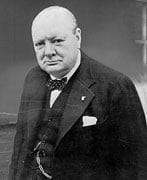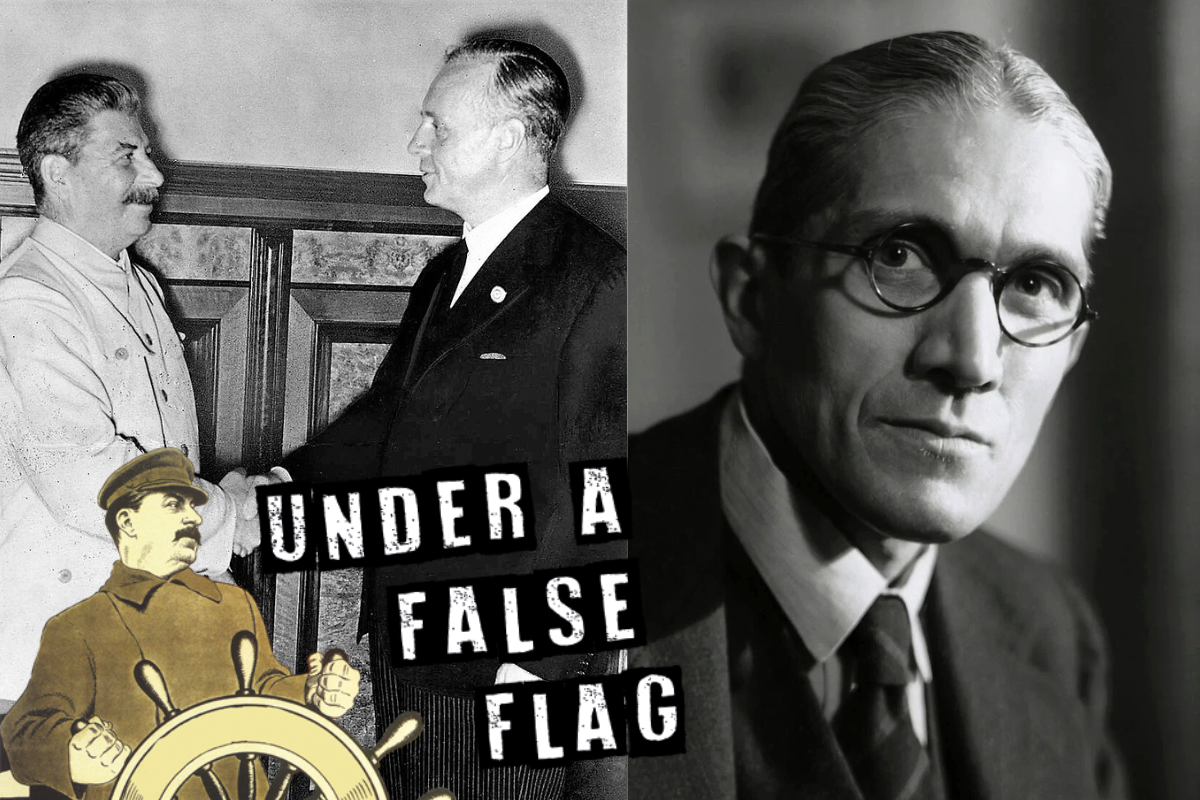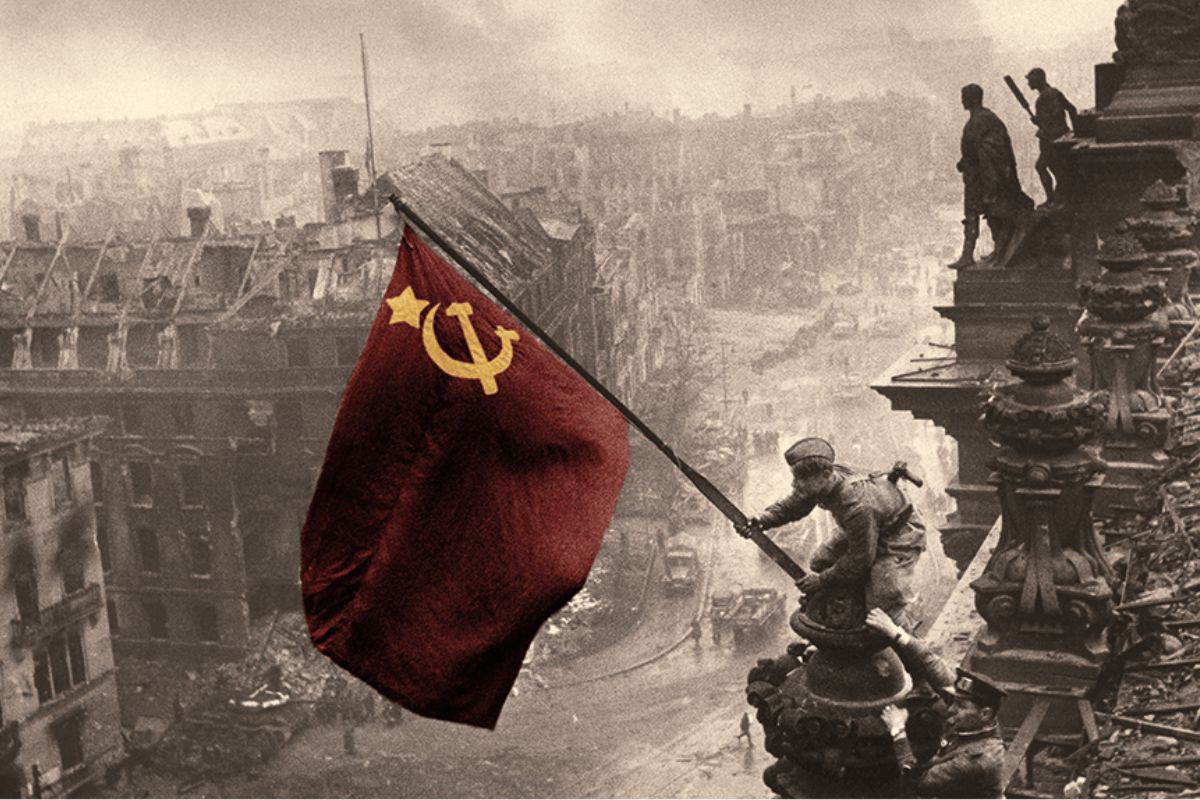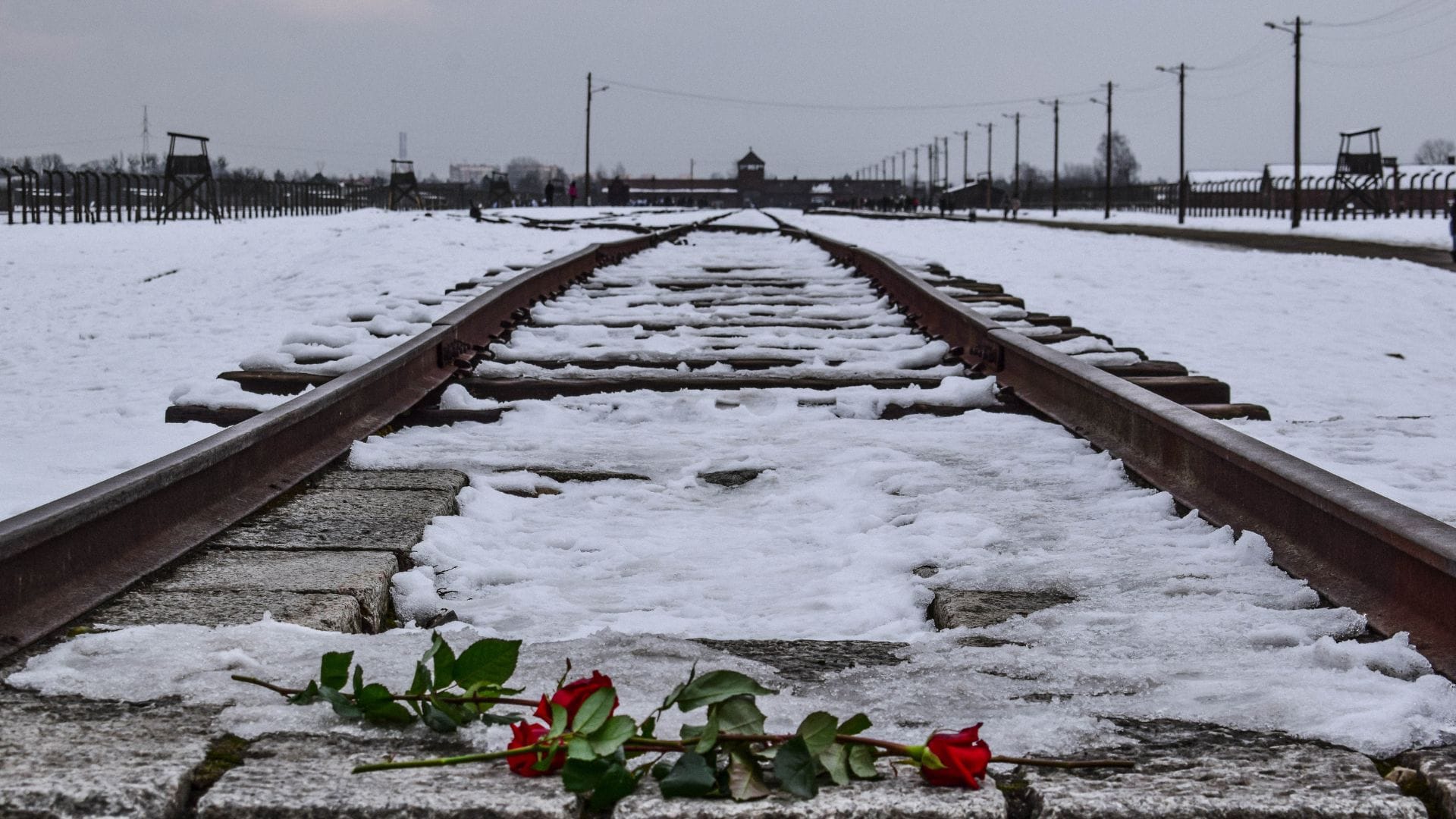Part 1.
Early years
A man’s
reputation is like his shadow: it is often much bigger than the man himself.
Such is the case with Winston Churchill. In a nationwide TV poll in 2002 he was
voted ‘The Greatest Briton of all Time’, and even forty years after his death
not a day passes without some TV or radio programme, some magazine or
newspaper, praising his outstanding qualities as a statesman, orator, great
military strategist and saviour of his people. He is one of the most famous
figures in British history and most Britons consider it unpatriotic not to
admire him. Let us draw aside the veils of myth and legend which establishment
historians and fawning admirers have spun around him and take a look at the
real Winston Leonard Spencer Churchill.
Ambition
"He would make a drum out of the skin of his own mother in order to sound
his own praises."
Lloyd George on Churchill
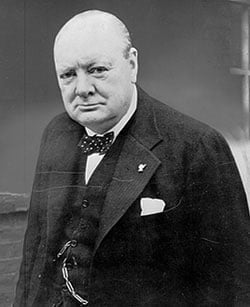 John
John
Churchill, 1st Duke of Marlborough, was a man driven by ambition and
self interest, but he is arguably Britain’s best ever general. In the War of
the Spanish Succession he was appointed supreme commander of the British forces
and captain-general of the Allied armies. A charismatic figure possessed of
great diplomatic skill, he was also a natural born general whose ability was
recognized even in his adolescence when he commanded a British regiment which
was then in the employ of the French. Later, his aggressive military flair won
him victories at Blenheim, Ramillies, Oudenaarde and Malplaquet; it also won
him a dukedom and the grandiose Blenheim Palace which has remained the home of
the Marlborough’s ever since. He was a hard act to follow, and when he died in
1722 he cast a long shadow down through the succeeding generations of his long
lineage.
But Winston Churchill was not prepared to live under
any man’s shadow, not even that of his illustrious ancestor whom he admired and
desired to emulate. Born at Blenheim Palace in 1874, the son of Lord Randolph
Churchill and American heiress Jennie Jerome, Churchill was ambition
personified; he had a raging, insatiable desire to gain world fame as a
journalist, author, politician and, most of all, master of the battlefield. He
longed to prove to the world that he too was a great military genius,
another Marlborough, but when it came to the art of war he was no more than an
arrogantly over confident dilettante who did not know his gluteous maximus from
his elbow.
There was no evidence of genius, military or otherwise, in his early
years. He did poorly at Harrow and only succeeded in gaining entry into
Sandhurst at his third attempt, and even then he needed special tuition to help
him pass the exam in 1893. After Sandhurst his mother used the help of her many
influential friends and lovers to gain him entry into the 4th
Hussars, then to wangle him leave to go where he pleased in order to further
his ambitions as a writer and journalist. She also got him writing contracts
and sometimes acted as his agent. During his four year stint as a cavalry
subaltern he travelled to Cuba, joined the Malakand Field force on India’s
North-West Frontier, gained attachment to the Army of the Sudan (much to
Kitchener’s annoyance) and participated in a cavalry charge at Omdurman. He
was, during his early military career, more of a poseur than a soldier, doing
more writing than fighting.
Leaving the army in 1899 he ventured into politics, standing as Tory candidate
for Oldham, but failed to get elected. This setback prompted him to try his
hand as a war correspondent in South Africa, a move which proved to be a great
boost for his career. Accompanied by his personal valet and 70 bottles of
vintage wine, he arrived in Cape Town in November only to be captured a month
later by the Boers. He soon escaped from the poorly guarded prison camp in
Pretoria and arrived in Durham on December 23rd to a hero’s welcome.
This was at a time when the reputedly ‘invincible’ British forces had suffered
several demoralising defeats at the hands of the Boers, so it was a small
morale booster for the British. Much was made of his escape by the press: it
hit the headlines throughout the English-speaking world. Now at last he had the
fame he craved for. Riding on the crest of this wave of publicity he again
contested the Oldham seat in 1900. This time, thanks in good measure to his new
found fame, he was successful.
The Boer War
exposed the appalling living conditions, widespread poverty and poor health
endured by the British working classes from which the government endeavoured to
draw army recruits. This was a cause for concern throughout the British
establishment, but not because of any philanthropic concern for the welfare of the
proletariat. It had dawned on the ruling classes that a man would produce more
efficiently in the factory and fight more effectively on the battlefield if he
was reasonably well nourished. It was necessary therefore to make concessions
to the workers if the great British Empire was to be defended and expanded.
Thus it was solely pragmatism, not benevolence that motivated Churchill’s and
Lloyd George’s support of welfare reforms in the years after the war.
Meanwhile, Churchill’s first stint with the Tories was short-lived; in 1904 he
crossed the house and sat beside the equally ambitious Lloyd George, forming a
long lasting but intermittent political partnership with the future Liberal
Prime Minister.
After the General Election of 1906 Churchill was rewarded for deserting the
Tories with the job of Undersecretary for the Colonies, a relatively junior
post but he was on the way up. Lloyd George was appointed President of the
Board of Trade. It is indicative of Churchill’s political narrow minded self
interest that in 1908-9 he tried to cut military spending and also opposed
Reginald McKenna, First Lord of the Admiralty, who argued the case for a bigger
navy. Churchill heaped scorn on the notion that there was a military threat
from Germany. But when he himself became First Lord of the Admiralty in 1911 he
immediately changed his tune; now that the navy was his responsibility he
decided it had to be expanded after all. ‘As usual he regards the office he
presides over for the time being as the pivot upon which the Universe
attends.’ Lloyd George.
By 1906 the co-operation between the two most ambitious and dynamic men in
parliament was well established, with Lloyd George always the dominant partner.
Churchill’s
reputation as a great orator is exaggerated. He was undeniably a master of the
English language and his grandiloquent, melodramatic style of delivery was
effective in the House of Commons and well suited to radio. Aneurin Bevan, who
was a far superior orator, said of him: ‘The mediocrity of his thinking is
concealed by the majesty of his language.’ He once tried to emulate Lloyd
George by speaking without notes, but dried up and sank to his seat in despair.
Lloyd George, on the other hand, was unmatched as an orator. He memorized his
speeches till he knew them off by heart and, with his fiery, passionate style
and expert use of body language, was capable of addressing any audience
anywhere, stirring its emotions and even moving it to tears.
It was in 1910-11 that Churchill, now Home
Secretary, showed his true attitude towards the ordinary working people of
Britain. On November 8th he sent troops into the Rhondda Valley,
patrolling the streets with fixed bayonets, to subdue a miner’s strike. He also
had the 18th Hussars on standby at Pontypridd. He planned to throw a
military cordon around the Welsh Valleys with the aim of starving the miners
into submission. This was hardly the act of a great statesman; it showed the
mentality of a tin-pot dictator using a military sledgehammer to crack the
walnut of industrial unrest. Again, when Lloyd George talked railway workers
out of going on strike he told him ‘I’m very sorry to hear it, it would have
been better to have gone on and given these men a good thrashing.’ Thus,
by his own words and deeds, this great ‘social reformer’ showed what he really
thought of the British working class.
[To be continued…]

